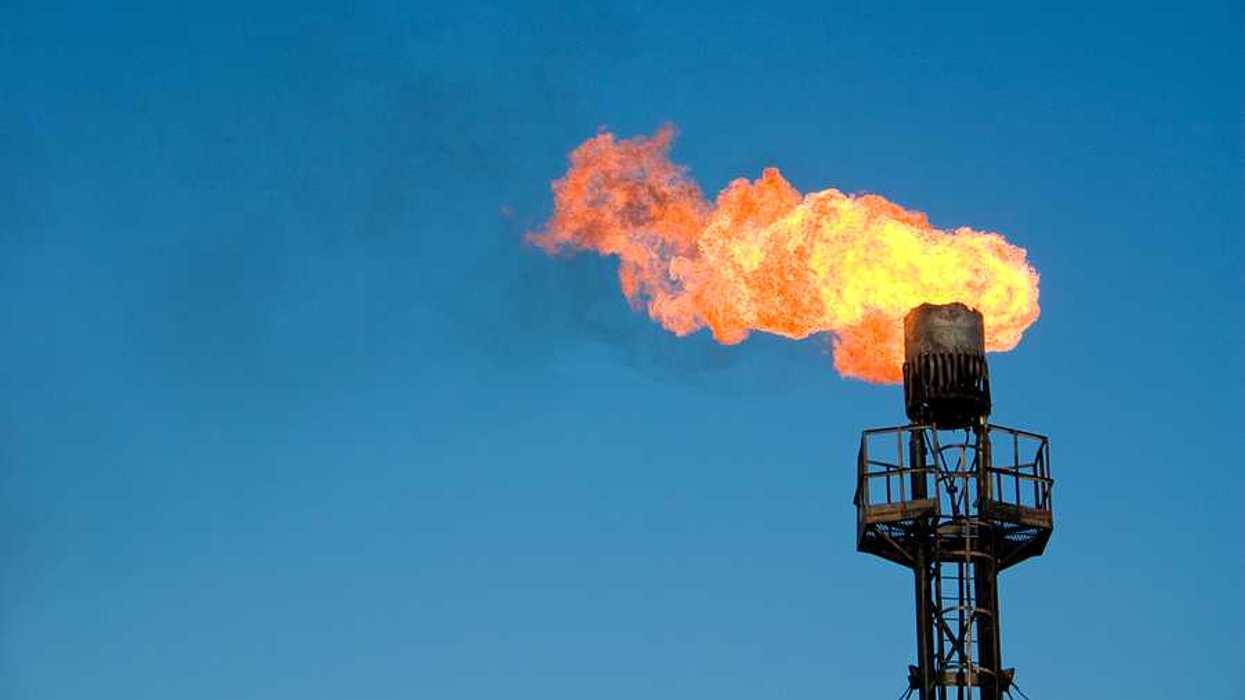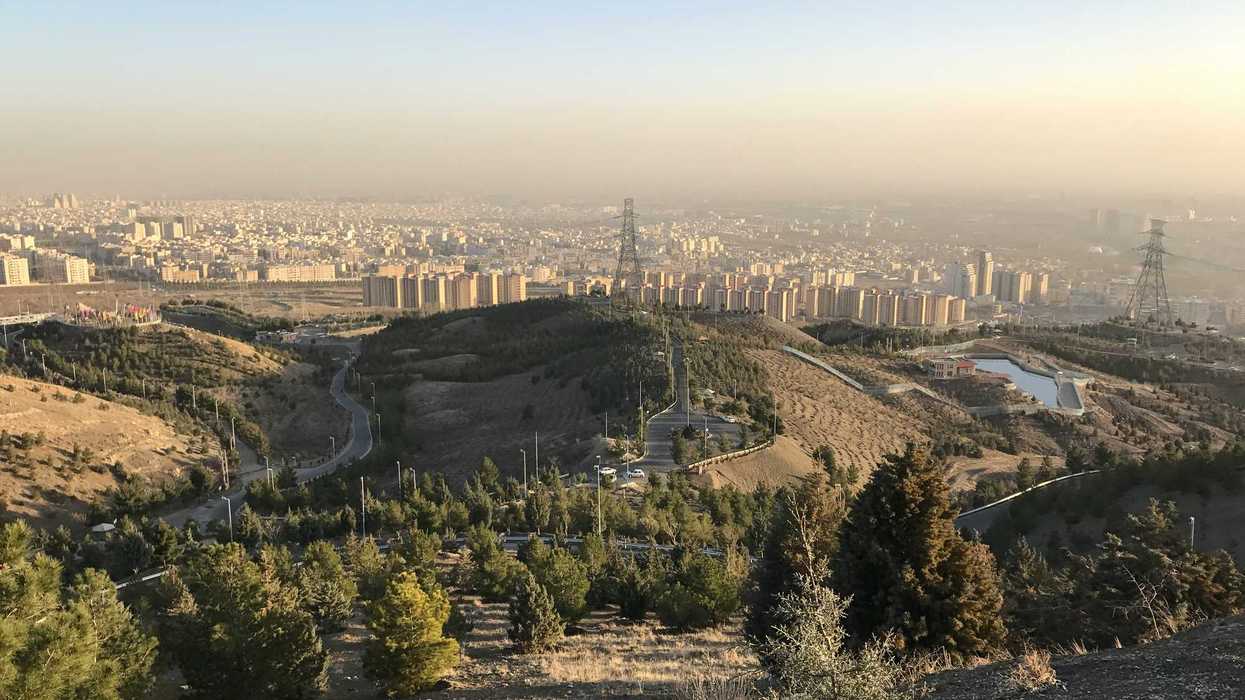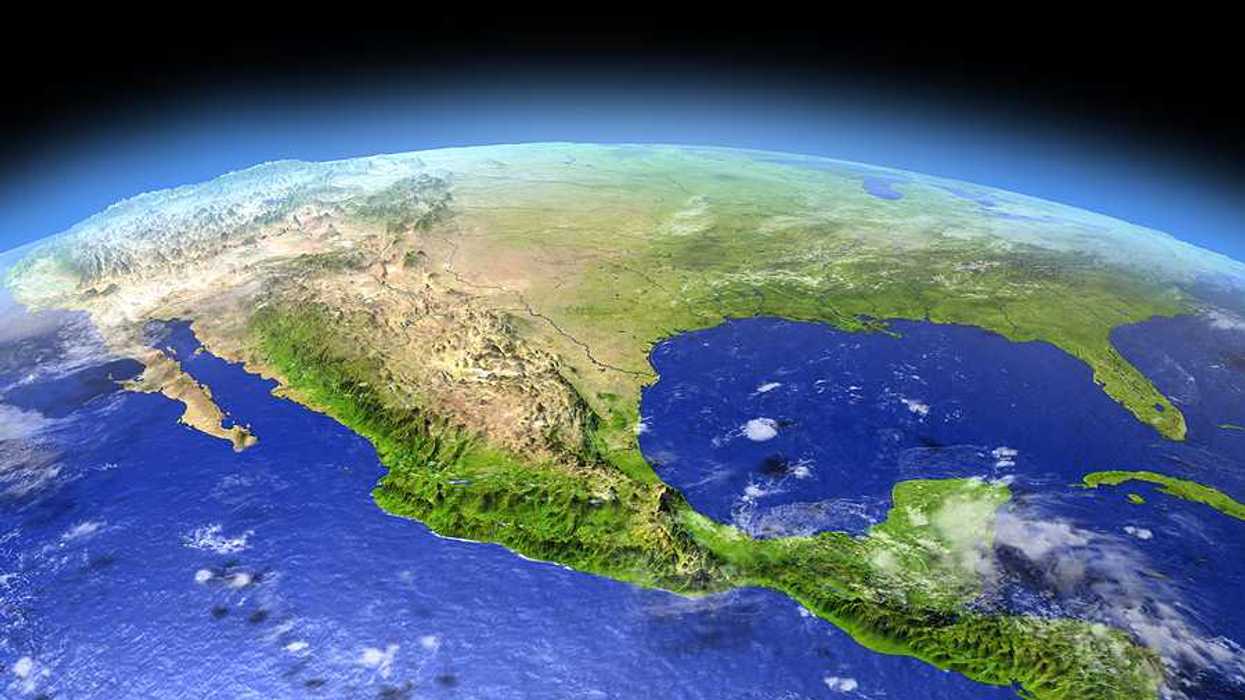Particles of black carbon (BC) - a form of air pollution caused by the burning of fossil fuels - have been found in human breast milk for the first time, according to a new study published in Frontiers in Public Health.
In short:
- BC particles were found in every sample of breast milk tested as a part of this small study.
- Mothers exposed to higher levels of air pollution had higher levels of BC in their breast milk.
- Although exposure to BCs could have negative health impacts, the authors emphasize that the nutritional benefits of breastfeeding far outweigh the potential risks from pollutants.
Key quote:
“Environmental exposures during crucial stages of development and growth may have significant consequences on an individual’s short- and long-term health.”
Why this matters:
Breast milk is an incredibly beneficial source of nutrition for infants, and has been shown to reduce the risk of health issues like infections, obesity, diabetes, and asthma. BC isn’t the only environmental pollutant that’s been detected in human breast milk - other studies have found endocrine disrupting chemicals like PFAS, toxic metals, pesticides, and even microplastics. Because nutrition is such a crucial factor in the healthy development of babies, the authors of this study call on policymakers and governments to take decisive action in reducing sources of pollution.
Related EHN coverage:
- Understanding how the environment affects pregnant people’s health
- PFAS may reduce the nutritional quality of breast milk
More resources:
- World Health Organization: Health Effects of Black Carbon
- Health and Environment Alliance (HEAL): Resources on Air Quality
Cosemans, Charlotte et al. for Frontiers in Public Health vol. 11. Jan. 16, 2024
- Air pollution lowers global life expectancy by more than two years: Report ›
- Air pollution linked to Parkinson's disease in two new studies ›
- Environmental injustice in Pittsburgh: Poor, minority neighborhoods see higher rates of deaths from air pollution ›
- In polluted cities, reducing air pollution could lower cancer rates as much as eliminating smoking would ›
- Tiny particles of air pollution appear more deadly if from human-made sources ›

















